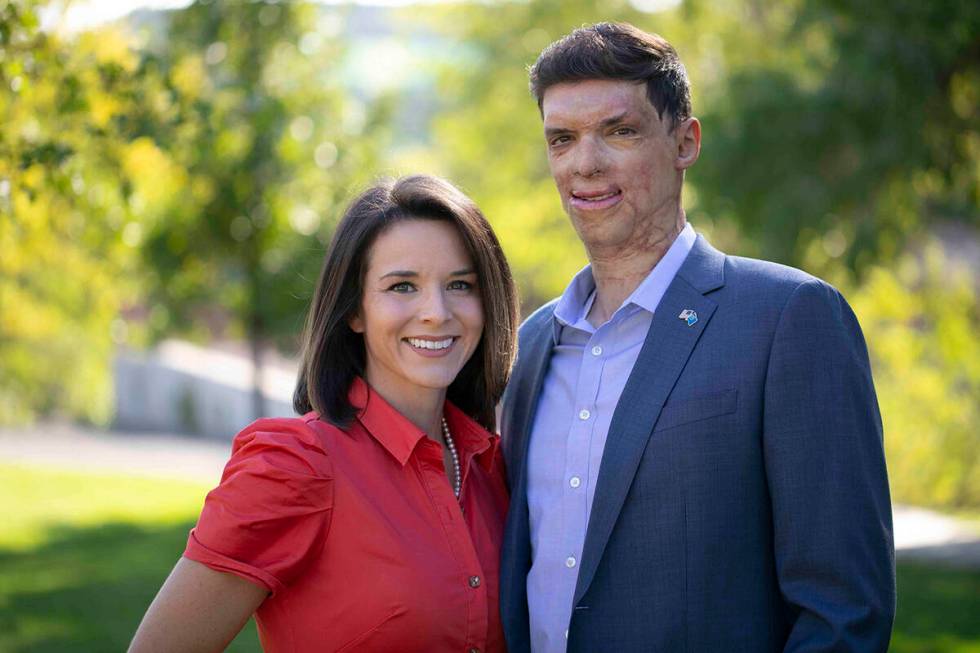VICTOR JOECKS: Regret: The unmentioned reality of abortion

Often the deepest scars are the ones people don’t see. That’s the personal experience of many women who’ve had an abortion.
Last week, Amy Brown, the wife of Sam Brown, a GOP candidate running for a U.S. Senate seat in Nevada, gave a long interview about a difficult subject. She talked to NBC News about an abortion she had in 2008 before she met her husband. She was in a committed relationship and using birth control. She was 24 years old and a month away from graduating. Her Army career awaited her.
“Then I find out I’m pregnant,” she said. “At first, I didn’t believe it.”
She was “really panicked. This can’t be happening.” She felt unsupported and thought her career would suffer. “I was just afraid to talk to anyone about it,” Amy Brown said. “And I was very scared.”
The disconnect between her experience and the left’s rhetoric is stark. Popular culture portrays abortion as empowering. But it left Amy Brown in anguish.
“When I made my choice, I was under the impression that I was choosing freedom,” she said. “But I did not receive freedom. I received a five-year sentence to living with regret and shame and just having my life wrecked.”
Unless you’ve had an abortion or are familiar with the pro-life movement, this perspective is jarring. It’s almost never publicized.
“Shout your abortion” became a national campaign. The left asserts that “abortion is health care.” Planned Parenthood says not to talk “about abortion as ‘tragic’ or a ‘hard decision,’ ” because it “further stigmatizes abortion.”
Gone are the days when Democrats acknowledged the inherent difficulty of abortion with the slogan of “safe, legal and rare.” Over the past decade, the left has pushed to present abortion as an unbridled good.
Amy Brown’s courageous testimony shows that’s not the case.
“The world would think that I had my life put together and that I was doing really well,” she said. “But I had so many scars on the inside, and I just didn’t even know what to do with them.”
It’s hard to know what percentage of women who’ve had abortions have similar feelings. There’s enough statistical and anecdotal information, however, to suggest it’s a significant number.
Politically, this matters.
First, it’s evidence that abortion is the intentional taking of an innocent human life. Removing skin cancer cells doesn’t produce this type of introspection. Abortion is different because pregnancy involves another human life. This is why abortion advocates rely so heavily on euphemisms.
Second, if the public knew this “choice” led to deep sorrow for many women, support for abortion would drop. Misery doesn’t poll well.
Leave politics aside. Amy Brown’s story is also one of healing. Government can’t provide that, but God can. Peter denied Jesus hours before his crucifixion and received forgiveness. Jesus forgave a criminal who was crucified beside him. Saul oversaw the stoning of Stephen before becoming Paul, the great missionary. No sin, including abortion, is greater than God’s saving grace, freely available through the death, burial and resurrection of Jesus Christ.
Amy Brown is a courageous woman. Many would benefit from hearing her testimony.
Contact Victor Joecks at vjoecks@reviewjournal.com or 702-383-4698. Follow @victorjoecks on X.